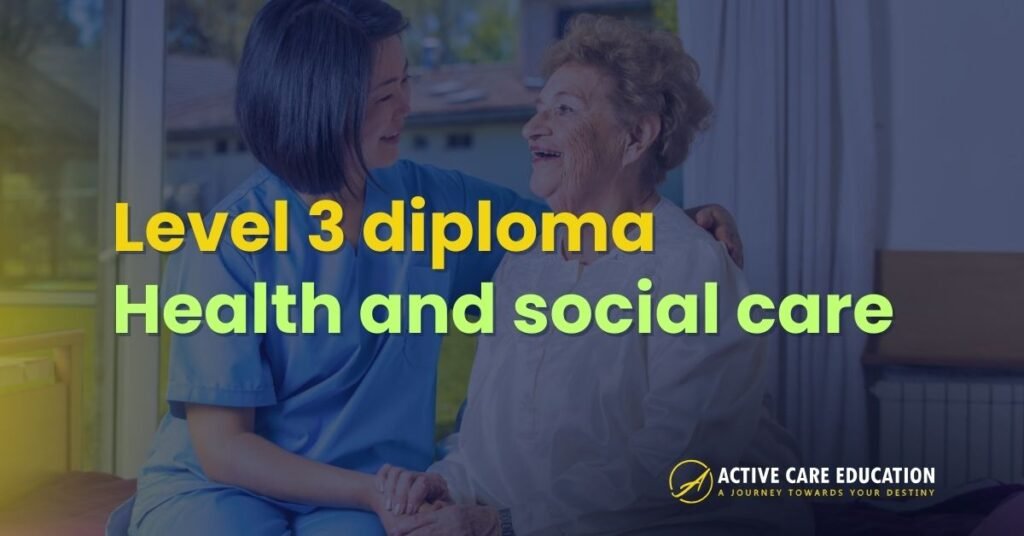Can I Get Student Finance for a Second Degree in the UK?
It’s a question that pops up for many people at different stages of life: “Am I allowed to secure student finance if I go back to university for another degree?” Perhaps you’ve spent several years in a job that no longer excites you, or maybe you’ve discovered a brand-new passion you didn’t know you had when you were 18. Either way, the idea of returning to study—while exciting—comes with one big concern: the cost. I remember standing outside my old university library on a visit back to campus, feeling a mixture of nostalgia for my days as a student and curiosity about whether I could do it all again. Much as I’d love to spend evenings debating philosophy in the student pub or rummaging through library shelves, I also know that bills and responsibilities don’t just vanish into thin air. If you’ve been wondering how student finance works the second time around, here’s an in-depth look at the ins and outs, the exceptions, and the real-world factors to keep in mind. Understanding the Basics of Student Finance Before we dive into the specifics of second-degree funding, let’s recap how student finance generally works for first-time undergraduates in England (Scotland, Wales, and Northern Ireland have their own variations, but the core principles are similar). Typically, there are two main types of student loans: Repayments for these loans begin once you start earning above a certain threshold. The monthly amount you repay is based on a percentage of your income, not on how large your debt is in total. The Challenge with Second Degrees However, when you decide to embark on a second undergraduate degree, you might run into something called the “Equivalent or Lower Qualification” rule (ELQ). Essentially, if you already have a degree at a certain level—typically a Bachelor’s (Level 6 in England)—the system may not automatically offer you a second round of tuition fee loans for another undergraduate course at the same or lower level. This can be disappointing if you’re hoping to fully re-enter student life without having to self-fund. Why People Return for a Second Degree 1. A Change of Heart or Career We’re not the same people at 30 that we were at 18. You might have leapt into an English Literature degree straight after A-levels only to discover years later that you’re passionate about software engineering. Or maybe you studied Fine Art but fell in love with psychology in your late 20s. Changing direction can be both scary and invigorating, but it often requires a new qualification to unlock specific job opportunities. 2. Boosting Skills in a Competitive Market Even if you enjoyed your first subject, you might now find that employers want fresh skill sets—particularly in the realm of technology, healthcare, or teaching. A second degree can be a strategic move to become more employable or pivot into an area with better long-term prospects. 3. Personal Fulfilment Not every reason has to be purely career-driven. Some people genuinely love learning and see higher education as a continuous journey. Perhaps your first degree was more of a “pragmatic” choice, and now you’d like to pursue a subject that sparks your creativity or satisfies your intellectual curiosity. When Student Finance Still Applies: The Exceptions 1. Strategic Fields: Nursing, Midwifery, and Allied Health Over the past few years, the government has recognised critical staff shortages in healthcare and certain STEM (Science, Technology, Engineering, Mathematics) fields. As a result, there are exceptions that allow people who already hold a degree to receive support for specific second-degree courses—particularly Nursing, Midwifery, and allied health professions. For instance, if you decide to retrain as a nurse, you might qualify for full or partial funding even if you already have a Bachelor’s degree in another field. Additionally, students on these courses may also be eligible for the NHS Learning Support Fund, which offers various forms of extra financial assistance, including a training grant, parental support, and travel reimbursements. 2. Teacher Training If you’re passionate about shaping young minds, teacher training programmes offer another route. While a Postgraduate Certificate in Education (PGCE) is technically a postgraduate qualification, the system that funds these courses sometimes mirrors undergraduate funding. There may also be bursaries or scholarships available, especially if you plan to teach subjects like Maths or Physics, where qualified teachers are in high demand. 3. Integrated Master’s and Foundation Years Some integrated Master’s courses (e.g., MEng, MSci) let you move from undergraduate to Master’s level in a single programme. In certain instances, these programmes remain eligible for undergraduate funding even if you’ve already got a BA or BSc. Be sure to double-check the specific course and ask the admissions office for detailed guidance. Alternatives to Standard Student Finance 1. Postgraduate Loans For those aiming for a second qualification at the postgraduate (rather than undergraduate) level, the rules are a bit different. You might be able to access a Postgraduate Master’s Loan or a Doctoral Loan, even if you have a Bachelor’s already. The catch: these loans often won’t fully cover tuition fees plus living costs, so you may need to top up your funding from savings, part-time work, or bursaries. 2. University Scholarships and Bursaries Never assume you won’t be eligible for a scholarship or bursary just because you’re going for a second degree. Many universities have specific awards that cater to mature learners, career-changers, or students entering priority fields. Browse university websites or speak directly with their finance team—there can be a lot more on offer than you might think at first glance. 3. Employer Sponsorship If you’re already employed in a field that aligns with your new area of study, your employer might consider sponsoring your degree. This could mean they’ll pay for part (or all) of your tuition, especially if the course content directly benefits the organisation. For example, a marketing agency might sponsor a second degree in data analytics if it helps bolster their analytical capabilities. Remember, though, that sponsorship often comes with a catch: you may be required
Can I Get Student Finance for a Second Degree in the UK? Read More »



